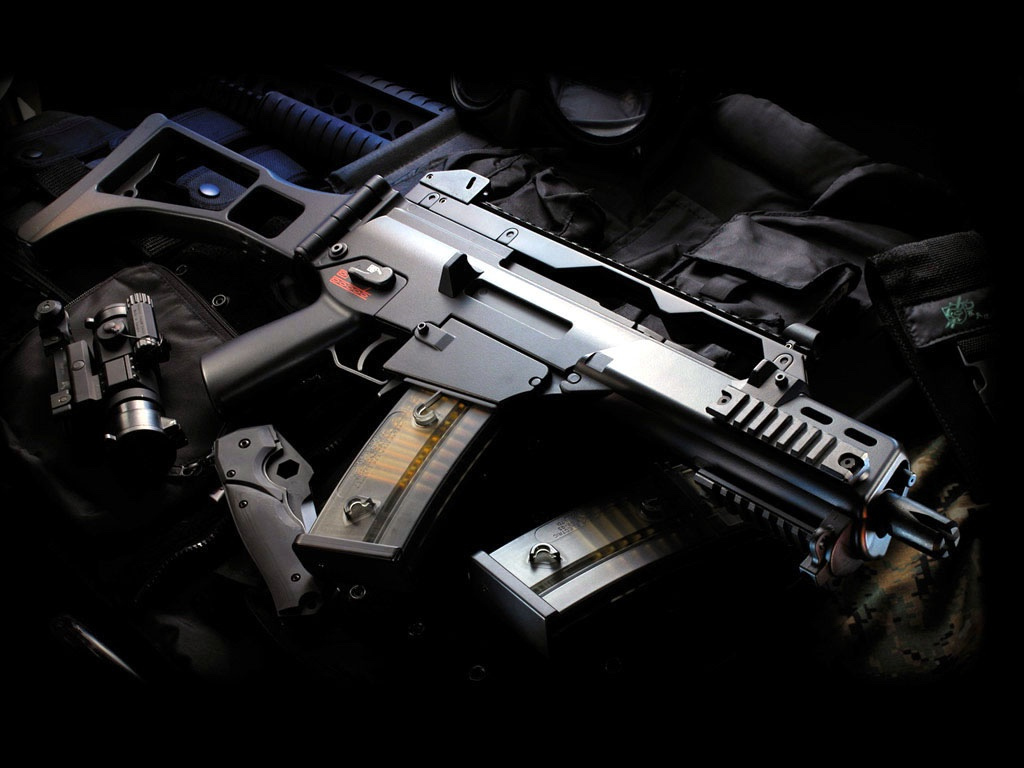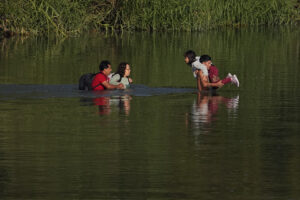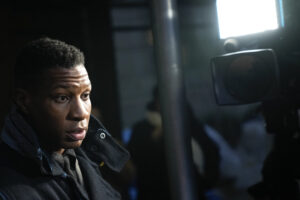New Zealand Bans Military-Style Guns After Mosque Attacks
A sales ban is effective immediately to prevent stockpiling and will be followed by a complete ban after new laws are rushed through. skyandsea876 / CC BY 2.0
skyandsea876 / CC BY 2.0
CHRISTCHURCH, New Zealand — New Zealand Prime Minister Jacinda Ardern on Thursday announced a ban of “military-style” semi-automatic firearms and high-capacity magazines like those used in the shootings at Christchurch mosques last week.
Ardern said a sales ban was effective immediately to prevent stockpiling and would be followed by a complete ban on the weapons after new laws were rushed through.
She said people could hand over their guns under an amnesty while officials develop a formal buyback scheme, which could cost up to 200 million New Zealand dollars ($140 million).
The man charged in the mosque attacks had purchased his weapons legally using a standard firearms license and enhanced their capacity by using 30-round magazines “done easily through a simple online purchase,” Ardern said.
“Every semi-automatic weapon used in the terrorist attack on Friday will be banned,” she said.
The ban includes any semi-automatic guns or shotguns that are capable of being used with a detachable magazine that holds more than five rounds. It also extends to accessories used to convert guns into what the government called “military-style” weapons.
It does not include semi-automatic .22 caliber or smaller guns that hold up to 10 rounds or semi-automatic and pump-action shotguns with non-detachable magazines that hold up to five rounds. The guns not banned are commonly used by farmers and hunters.
The government said the police and military would be exempt as would businesses carrying out professional pest control. Access for international shooting competitions would also be considered.
There are nearly 250,000 licensed gun owners in New Zealand, which has a population of 5 million people. Officials estimate there are 1.5 million guns in the country.
Ardern’s announcement comes as authorities announced that all 50 bodies from the attacks were formally identified and families were burying their loved ones.
At least nine funerals took place Thursday, including for a teenager, a youth soccer coach and a Muslim convert who loved connecting with other women at the mosque.
After Ardern’s announcement, one of New Zealand’s largest gun retailers, Hunting & Fishing New Zealand, reiterated its support of “any government measure to permanently ban such weapons.”
“While we have sold them in the past to a small number of customers, last week’s events have forced a reconsideration that has led us to believe such weapons of war have no place in our business — or our country,” chief executive Darren Jacobs said in a statement.
Regardless of the ban, the company would no longer stock any assault-style firearms of any category and would also stop selling firearms online, he said.
Although the exact weapons used in the mosque attacks have not been made public, images of them posted by the gunman show at least one of them to be a semi-automatic rifle similar to an AR-15 that is widely available in New Zealand. Semi-automatic refers to a firearm’s ability to self-load, not only firing a bullet with each trigger pull, but also reloading and making the firearm capable of firing again.
The military versions most resembling the AR-15 rifle are the M16 and M4 carbines, which can fire in semi-automatic mode, three-round burst mode or fully automatic mode.
Many different types of firearms, from pistols to rifles and shotguns, can be semi-automatic. Semi-automatic rifles like the AR-15 can often be modified with aftermarket parts, or accessories, to fire in fully automatic mode and instructions can often be found on the internet.
Polly Collins, 64, of Christchurch, was thrilled to hear of Ardern’s announcement as she visited a flower memorial for the victims.
“The prime minister is amazing,” she said. “It’s not like in America, where they have all these things and then they go ‘Oh yeah, we’ll deal with the gun laws,’ and nothing’s done.”
At the cemetery, solemn farewells continued for Cashmere High School student Sayyad Ahmad Milne, 14, who was known as an outgoing boy and the school’s futsal goalkeeper. Tariq Rashid Omar, 24, graduated from the same school, played soccer in the summer and was a beloved coach of several youth teams and was also buried Thursday.
In a post on Facebook, Christchurch United Football Club Academy Director Colin Williamson described Omar as “a beautiful human being with a tremendous heart and love for coaching.”
Linda Armstrong, 64, a third-generation New Zealander who converted to Islam in her 50s, was also buried, as were Hussein Mohamed Khalil Moustafa, 70, Matiullah Safi, 55, and Haji Mohammed Daoud Nabi.
Police Commissioner Mike Bush said all 50 victims had been identified as of Thursday and their families were being notified. Investigators also were trying to conclude their work at the two mosques.
“We are working to restore them in a way that is absolutely respectful,” he said.
An Australian white supremacist, Brenton Harrison Tarrant, was arrested by police who ran him off the road while he was believed to be on his way to a third target. He had livestreamed the attack on Facebook and said in his manifesto he planned to attack three mosques.
Also on Thursday, police said they’d inadvertently charged Tarrant with the murder of a person who is still alive.
Police said in a statement they had apologized to the person incorrectly named on the document and would change the charge sheet. They said the charge remains valid, so there was no chance the suspect would be released as a result of the error.
Police did not offer further details of what went wrong or make anybody available for an interview.
The name of the person on the charging sheet has been suppressed by court order. Officials said more charges against Tarrant would follow.
Tarrant, 28, is next scheduled to appear in court on April 5, and Bush said investigations into him were continuing. Police have said they are certain Tarrant was the only gunman but are still investigating whether he had support.
Meanwhile, preparations were underway for a massive Friday prayer service to be led by the imam of one of the mosques where worshippers were killed.
Imam Gamal Fouda said he is expecting 3,000 to 4,000 people at the prayer service, including many who have come from abroad.
Workers at the Al Noor mosque have been trying feverishly to repair the destruction, Fouda said.
“They will bury the carpet,” he said. “Because it is full of blood, and it’s contaminated.”
Fouda said that he expects the mosque to be ready to open again by next week and that some skilled workers had offered their services for free.
___
Associated Press writer Kristen Gelineau also contributed to this report.
Your support matters…Independent journalism is under threat and overshadowed by heavily funded mainstream media.
You can help level the playing field. Become a member.
Your tax-deductible contribution keeps us digging beneath the headlines to give you thought-provoking, investigative reporting and analysis that unearths what's really happening- without compromise.
Give today to support our courageous, independent journalists.






You need to be a supporter to comment.
There are currently no responses to this article.
Be the first to respond.